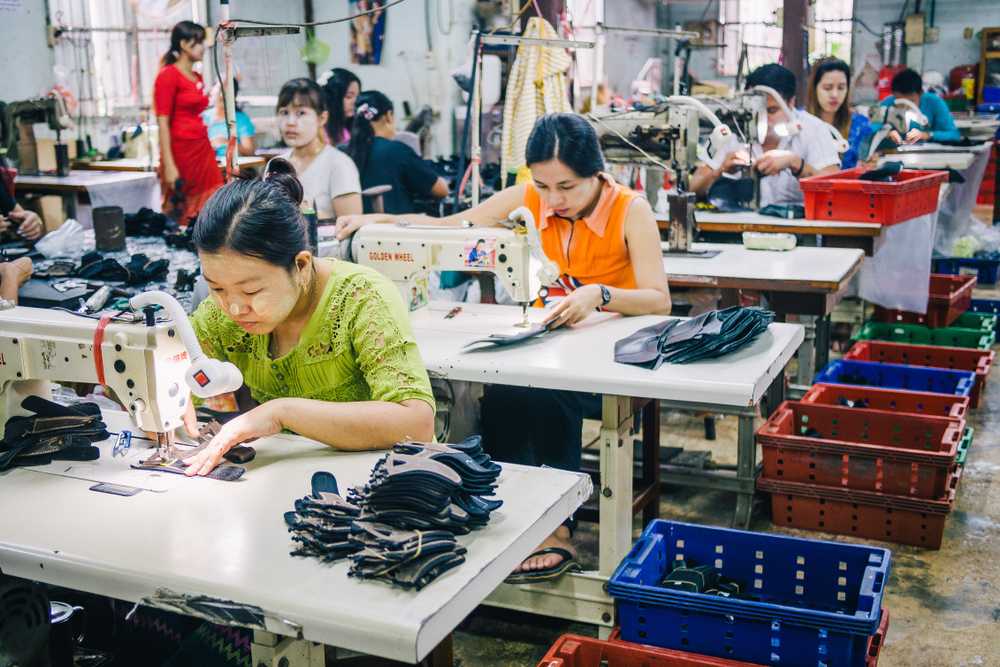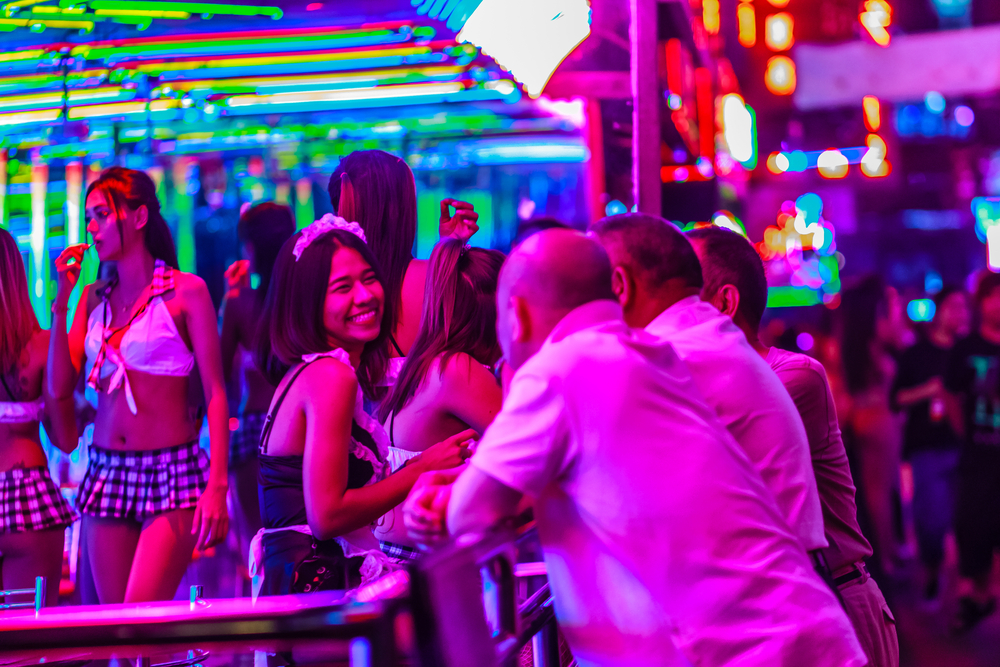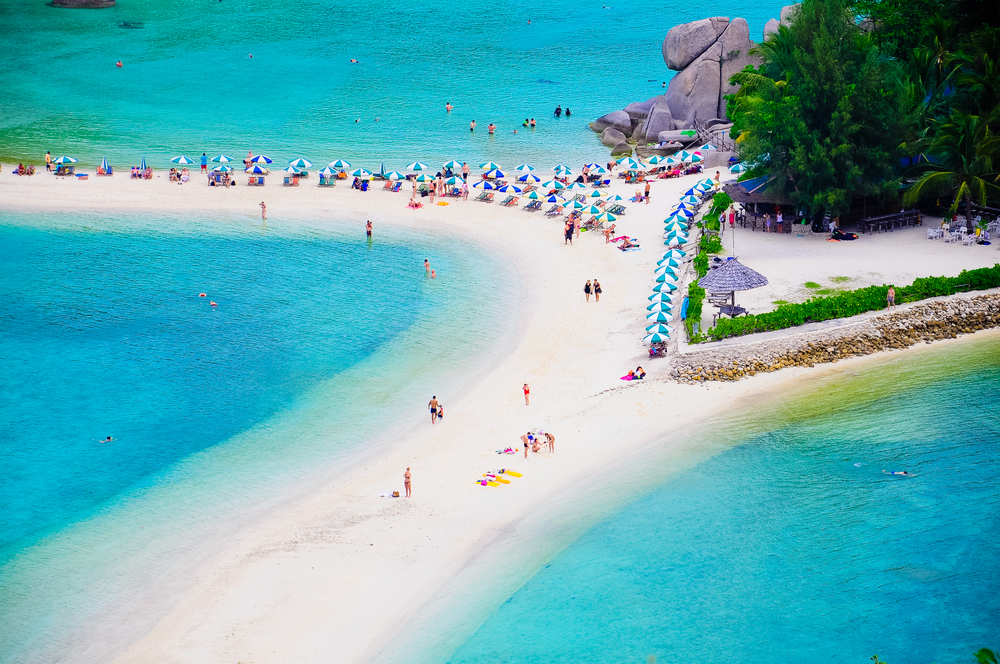Culture and Society: Stereotypes
Being both oversimplified and an opinion by definition, a stereotype about a group of people may have much or very little truth to it. While painting any group with a single brush can be risky, knowing that certain stereotypes exist can be an important step in understanding a culture. If you're a traveler, this knowledge can help you avoid offending the people of your host country.
The following stereotypes are presented in two sections: first, those often held by foreigners visiting this country; and second, those often held by the country's own inhabitants. The description below each entry attempts to explain why some people may believe the given stereotype.
Please note that these stereotypes do not necessarily represent the views of World Trade Press or its employees, but are presented here in an effort to make you a more informed researcher or traveler. Through your own experiences you may find some or all untrue, only partially true, unfair, or fairly accurate.
Stereotypes of Thais as Accepted by Some Foreigners
Male Mastery
The Thai men do very little all day while the women are expected to cover house chores as well as a job.
Thailand is a very male-oriented society, and life’s burdens fall heavier upon women than men. This is not rare in Buddhist Asian societies where reincarnation and the acceptance of suffering are expected to cure all ills eventually. In rural areas, women may be responsible for a full day of field work as well as housekeeping duties, while in the cities, career women are expected to maintain the household along with bringing home a paycheck. The submissive Thai wife is a stereotype (and reality) that many Westerners have accepted and exploited.
Sex Capital
Sex in Thailand is a major business activity, and everyone is for sale—even children.
Thailand is widely recognized as the sex capital of Asia, and it does exude an “anything goes” approach, with all manners of sexuality seemingly accepted. Outcries over the sexual slavery and child molestation emanate from Western human rights’ groups as well as from many Asian neighbors. Thailand has paid the price with a rocketing HIV rate and a reputation that has made them the exemplar of how NOT to develop an emerging-market tourist trade. However, this industry cannot operate without customers, and fresh planeloads arrive every day.
Out of Control
Thailand has destroyed much of its natural beauty by allowing unrestricted development in the countryside.
After the mid-1970s, Thailand kicked into full gear to develop its beautiful coastlines and islands. Little thought was given to pollution and sustainability when large resorts and accompanying infrastructure was being planned. The result has been environmental degradation above and below the shoreline to the point where some resorts are unusable. Once the preferred destination for those wanting beaches where they could “get away from it all,” Thailand is quickly becoming a place where “it all” washes back up on the beach.
Constant Corruption
The Thais do not just tolerate corruption, they see it as an acceptable way of doing things.
Thailand has had ongoing problems with corruption that run from top government offices right down to local police on the beat. Corruption is so common that the Thais see it only as another form of taxation and a way to get things done. The biggest complainers are foreign firms that are restricted in their practices when trying to secure contracts and tourists who occasionally run afoul of greedy bureaucrats or demanding policemen.
Smiling Faces
The Thais are always smiling, and it is hard to tell when they are being sincere or just obsequious.
Thailand is known as the Land of Smiles, and its lives up to its sobriquet. Thais will make eye contact and smile in almost any situation. However, it can mean anything from “happy to see you” to “I wish your weren’t here,” so visitors will have to learn to read the nuances. Thais have their public face, which is naturally cheery, but one should not just assume that all is going well.
Stereotypes of Thais as Accepted by Some Thais
Political Chaos
We have a democracy, but ours is not very stable. Every year brings new turmoil and no solutions.
Thailand has a strong military that believes it has a duty to protect the country on and off the battlefield. Military coups to replace the civilian authorities are not unusual and have happened as recently as 2014. Voting is a shaky business, and accusations of ballot rigging crop up at every election. In spite of this, the Thais have had peaceful domestic politics when compared to neighbors like Myanmar and Cambodia. Unfortunately, many Thais and political observers are waiting for the lid to come off any day now.
Not Serious
We do not take life very seriously until something very tragic happens, and then it is too late.
The Thais like to play and would rather sit and talk than get down to hard work. It is not that they are lazy, it is just that they are social by nature and given to seeing life as a source of joy rather than ceaseless toil. While this may have been suitable when Thailand was an isolated agricultural backwater, it is not very compatible with the highly competitive global commercial environment, where mastering speed and productivity makes the difference between wealth and poverty.
Royal Opinion
Our king is the center of our culture, and we will not accept any criticism of the royal family from anyone.
The Thai king is pictured everywhere in the country, and his rule is considered sacrosanct and beyond the criticism of men. Harsh punishments can be meted out for criticizing or making fun of the royals. Although the king appears as a rather mild-mannered, bespectacled man, the Thais revere him and his family as “divine” in its truest sense. The Thai king impacts his subjects’ daily lives, and he remains one of the few stable components of the political system. Father’s Day in Thailand is the king’s birthday.
Not Just Sex
We have allowed ourselves to be seen as a nation of prostitutes, and it shames our glorious ancestors.
Thais take great pride in the fact that they are the only Southeast Asian nation that was never colonized by a Western power. Their royal line and cultural ancestry is measured in millennia, not centuries. The rise of Thailand as an Asian Tiger economy has come—in the opinion of more philosophical Thais—at too high a cost in moral degradation. Once associated with beautiful silks and jewels, Thailand’s latest reputation involves sex, drugs, and disease. Occasional crackdowns on the sex trade have not abated the problem.
Born to Obey
We Thais always do what we are told, and we have too much respect for authority.
Westerners are often impressed (or depressed) by the way in which Thais obey without dispute and act with a humility that can border on the uncomfortable. When Thais are asked to analyze foreign behavior they are amazed at how foreigners (especially Westerners) question orders and make those in authority explain their directives. The ancient Thai worship of hierarchy will be hard to alter, and not all Thais see it as a bad trait since it promotes harmony and simplifies decision-making.
Copyright © 1993—2025 World Trade Press. All rights reserved.

 Thailand
Thailand 


